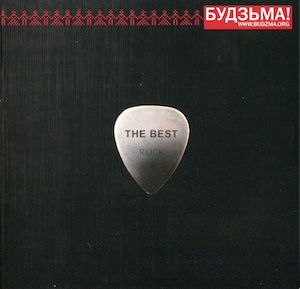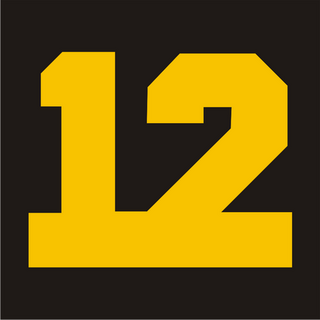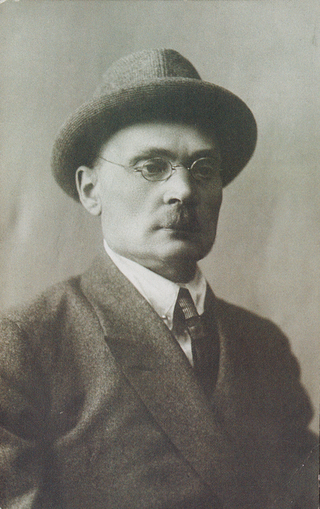
Belarus is an Eastern European country with a rich tradition of folk and religious music. The country's folk music traditions can be traced back to the times of the Grand Duchy of Lithuania. The country's musical traditions spread with its people to countries like Russia, Canada, United States, Kazakhstan and Latvia. The people of Belarus were exposed mostly to Russian pop music during this period and also after independence in 1991. In 2002, however, President Alexander Lukashenko has signed a decree requiring 50% of all FM broadcast music to be Belarusian in origin, and since 1 January 2005 the rule has been even stricter. However, it does not regulate the language of the songs, so most of the music which is broadcast is still in Russian.

Belarusian culture is the product of a millennium of development under the impact of a number of diverse factors. These include the physical environment; the ethnographic background of Belarusians ; the paganism of the early settlers and their hosts; Eastern Orthodox Christianity as a link to the Byzantine literary and cultural traditions; the country's lack of natural borders; the flow of rivers toward both the Black Sea and the Baltic Sea; and the variety of religions in the region.

Lyapis Trubetskoy was a Belarusian rock band. It was named after comical hero from Ilya Ilf's and Yevgeny Petrov's novel "The Twelve Chairs", poet and potboiler Nikifor Lyapis, who used pseudonym Trubetskoy.
Censorship in Belarus, although prohibited by the country's constitution, is enforced by a number of laws. These include a law that makes insulting the president punishable by up to five years in prison, and another that makes criticizing Belarus abroad punishable by up to two years in prison.

Leanid Arturavič Zejdel-Volski, better known as Lavon Volski, is a Belarusian musician, writer, painter, and founder of the Belarusian rock groups Mroja, N.R.M., Zet, and Krambambula.

Krambambula is a Belarusian band from Minsk, started by Lavon Volski in 2001. The name of the band is derived from a popular Belarusian alcoholic tincture of the same name. The band performs humorous and satirical songs, often on an alcoholic theme. Krambambula was banned in Belarus from 2011 to 2017.

Siarhei Mikhalok is a Belarusian rock musician and actor. He was the frontman of the ska punk band Lyapis Trubetskoy that he dissolved on September 1, 2014. He was the frontman of the band Brutto, now leads Drezden.

Slutsk District is a district (raion) of Minsk Region in Belarus. Its administrative center is Slutsk.
Neuro Dubel is a Belarusian punk rock band originating from Minsk signed by West Records. It was founded by Alaksandar Kulinkovič and his then-brother-in-law Hienadź Ahiejčyk on 17 July 1989. The band was recognized as Rock-Kings twice at Rock Coronation Belarusian Music Awards.

Autoradio was the first independent radio station in the independent Belarus. Autoradio was the first radio station in Belarus to broadcast after the Dissolution of the Soviet Union. It was broadcast from Minsk on the frequency 105.1 MHz from 7 August 1992 to 12 January 2011.
Drezden is a Belarusian and Ukrainian electronic band founded by Siarhei Mikhalok.

Budzma The Best Rock / Budzma The Best Rock/New is a two-disc compilation album by Belarusian rock bands. Both invited musicians and the winners of selection were put on the compilation. CDs were published by the public movement Budzma Belarusians! together with European Radio for Belarus in November 2009, and a few months later all of the FM-radio stations, regional and district Houses of Culture of Belarus received them. The compiler and mastering engineer is Slava Korań, the frontman of the ULIS band.

Tuzin.fm is a private non-profit Belarusian web-portal, which was created in 2003 to cover musical creativity in Belarus. Among its objectives, the site promotes music written in Belarus and motivates to listen to Belarusian songs as large an audience as possible. It initiates and implements music projects and is the information partner of the most significant events of the Belarusian independent music scene. Independently determining its information policy, the nature and content of the information, advertising, audio, and video materials, in 2009 the mass media had more than 50 thousand monthly visitors who downloaded more than 80 thousand songs.
Rusya is a Belarusian vocalist of the band Indiga, a "rock-princess" according to the results of the tenth Rock Coronation. She is the vocalist of the band Šuma and also takes part in the band Akana-NHS and others.

Volha Samusik was a Belarusian rock singer and journalist.

Be Free was a Belarusian rock festival that took place in Ukraine since 2007. Bands from Poland, Ukraine, and France participated in the festival too.
Mikola Ravienski was a Belarusian composer, conductor and music critic who authored music for the famous hymn Mahutny Boža.

Jazep Losik was a Belarusian academic, leading figure of the independence movement and a victim of Stalin's purges.
Events of the year 2022 in Belarus.














